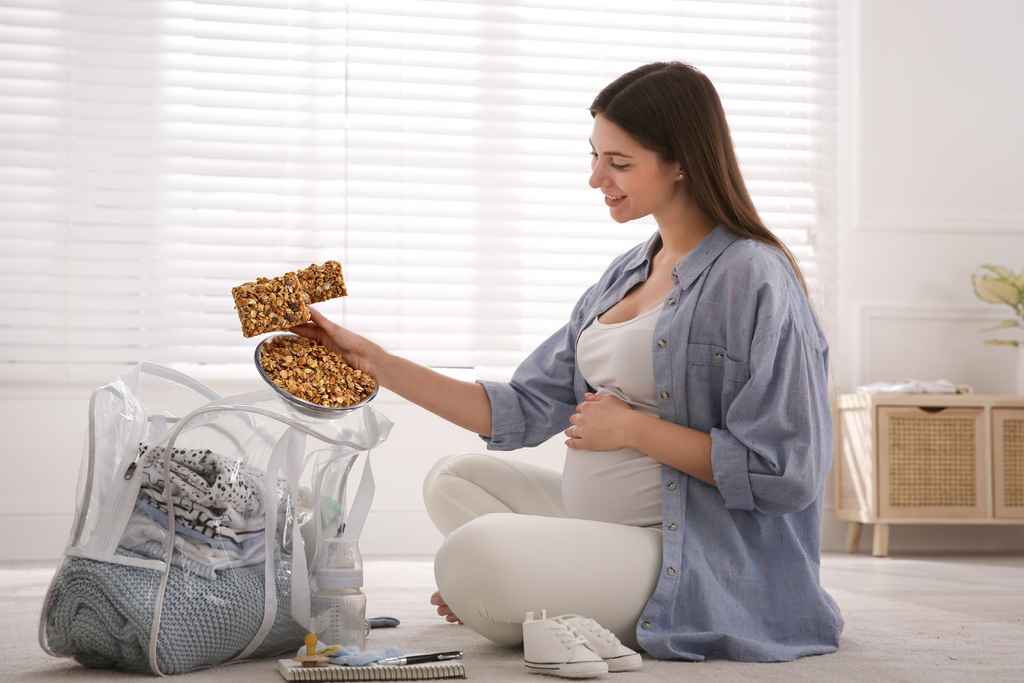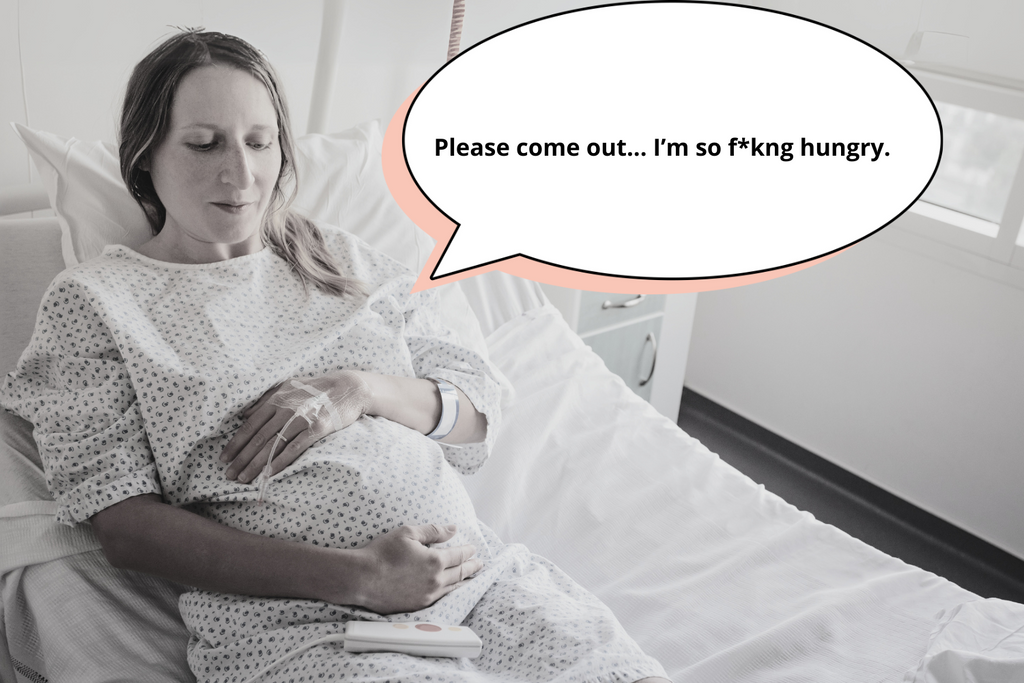Navigating Hospital Smells and How Do You Get Rid of It?

The Science Behind Hospital Smells
Hospitals, with their sterile corridors and bustling medical activity, have a distinct scent that lingers in the air. This unique odor symphony is a blend of cleaning products, medical supplies, and human factors. Understanding why hospitals smell the way they do opens the door to strategies for making this aromatic journey a bit more pleasant. Let's dive into the science behind these smells:
Cleaning Products and Disinfectants: Walk into a hospital, and the first odor experience is often the sharp scent of isopropyl alcohol and other cleaning agents. While crucial for maintaining a sterile environment, these substances significantly contribute to the overall hospital aroma.
Medical Supplies and Equipment: Sterile materials used in medical supplies, from bandages to surgical tools, also add to the hospital's unique scent. It's the smell of care and precision, an olfactory signature of the medical world.
Human Factors: The human body introduces its own set of scents - body odors, excretions, and the influence of certain medications. These biological factors play a significant role in shaping the overall olfactory experience of a hospital.
Common Hospital Odors and Their Origins
As we explore specific odors commonly encountered in hospitals, it's essential to recognize their sources. Human excretions, while unpleasant, provide valuable diagnostic clues. The distinct scent of gastrointestinal bleeding is a reminder of the challenges healthcare professionals face. Surgical scents, though intense, symbolize the resilience of the human body. Medications introduce their own aromatic contributions, and even conditions like liver failure leave their olfactory mark. Understanding the origins of these smells is the first step in addressing them.
Human Excretions: Unpleasant but inevitable, the smell of infected excretions can point toward specific health conditions. Hospitals deal with this aspect of patient care daily.
Gastrointestinal (GI) Bleeding: Often described as one of the most unpleasant smells in a hospital, the scent associated with gastrointestinal bleeding is a stark reminder of the complex nature of healthcare.
Surgical Scents: The odor of human flesh during surgeries or procedures like amputations adds another layer to the complex array of hospital smells. It's a reminder of the resilience of the human body.
Medications: Certain medicines come with distinct odors, contributing to the symphony of scents in a hospital environment. It's a unique blend that healthcare professionals navigate daily.
Liver Failure and Bad Breath: Liver failure can cause a specific type of bad breath, introducing another element to the multifaceted bouquet of hospital smells.
Overcoming Hospital Smells – Tips and Hacks
For healthcare workers and visitors navigating through the diverse scents of a hospital, practical tips can make the journey more manageable. Using mask strategies, like infusing surgical masks with toothpaste or essential oils, creates a personal barrier against unwanted odors. Mint-flavored chapstick or Vicks VapoRub applied under the nose serves as a portable odor shield.
You just stop caring eventually. The smell of urine, blood, feces, and vomit will lose all power to you. But in the meantime, essential oils on your mask should work pretty well. But, it might also just make lemon oil always smell a little bit like poop. - Nurse on Reddit
The natural odor-neutralizing power of coffee grounds offers a simple solution, and emphasizing cleanliness in patient rooms becomes a proactive approach. Additionally, psychological preparation plays a vital role – expecting and understanding the environment can make strong odors more bearable.
Managing these strong odors is crucial. Here are some practical tips:
Mask Strategies: Use surgical masks with toothpaste or essential oils like lavender to create a barrier against odors. It's a small but effective way to navigate through different scents. PS: Healthcare workers swear by it!
"Orange oil “aromatherapy” in the room, or I swipe some of that magical odor neutralizing spray they sometimes stock on the BI unit."
Mint-Flavored Chapstick or Vicks VapoRub: Applying mint-flavored chapstick or Vicks VapoRub under the nose can help mask unpleasant smells. It's a quick and portable solution.
Coffee Grounds: A natural odor neutralizer, coffee grounds can be used to clear persistent smells. Just a small bag can make a significant difference.
Cleanliness in Patient Rooms: Regular cleaning is a powerful tool to reduce unpleasant odors. A clean environment contributes to a more pleasant hospital experience.
Psychological Preparation: Being mentally prepared for encountering strong odors can make them more manageable. It's about adjusting expectations and understanding the environment.

Dr. Socko's Comfort Solutions
In the realm of comfort and sensory experience, Dr. Socko steps in with unique products. Beyond ensuring safety on slippery floors, Dr. Socko’s funny grippy socks add a touch of humor to the sterile hospital environment. Laughter, even in the form of socks, is a powerful medicine. The eye masks provided by Dr. Socko contribute to restful sleep by blocking out harsh hospital lights. Comfort and well-being intertwine, and these products aim to enhance the overall hospital experience.
Funny Grippy Socks: Beyond ensuring safety on slippery floors, these socks add a touch of humor to the sterile hospital environment. Laughter is a powerful medicine, even in sock form. And last but not the least, it also keeps your feet toasty warm despite the cold temperature in hospitals!
Eye Masks: Dr. Socko’s eye masks contribute to restful sleep by blocking out harsh hospital lights. Comfort and well-being go hand in hand, and these eye masks are a testament to that.
The Role of Hospital Smells in Patient Care
Exploring the impact of hospital smells on patient and staff well-being is crucial. A clean and pleasant environment is not just a matter of aesthetics but a significant factor in patient recovery and staff efficiency. The mental health impact of strong, unpleasant odors is undeniable, affecting both patients and healthcare workers. Dr. Socko recognizes this impact and strives to bring a bit of joy into the hospital setting. Studies have shown that a clean and pleasant-smelling environment correlates with improved patient outcomes. Dr. Socko contributes to this by offering products that not only add comfort but also inject a dash of humor into the healthcare experience. The journey through the smells of a hospital, while shared, can be made a bit more pleasant with the right products and a positive mindset.
Clean and Pleasant Environment: A well-maintained environment is crucial for patient recovery and staff efficiency. Dr. Socko understands the importance of creating a positive space.
Mental Health Impact: Strong, unpleasant odors can affect the mental health of both patients and healthcare workers. Dr. Socko's products aim to bring a bit of joy into the hospital setting.
Correlation with Patient Outcomes: Studies have shown that a clean and pleasant-smelling environment can lead to improved patient outcomes. Dr. Socko contributes to this by offering products that add comfort and a dash of humor.
Navigating the smells of a hospital is a shared experience. With a blend of science, practical tips, and comfort solutions, Dr. Socko strives to make this journey a bit more pleasant for everyone involved. After all, a little laughter and a good pair of socks can go a long way in creating a positive hospital experience.




